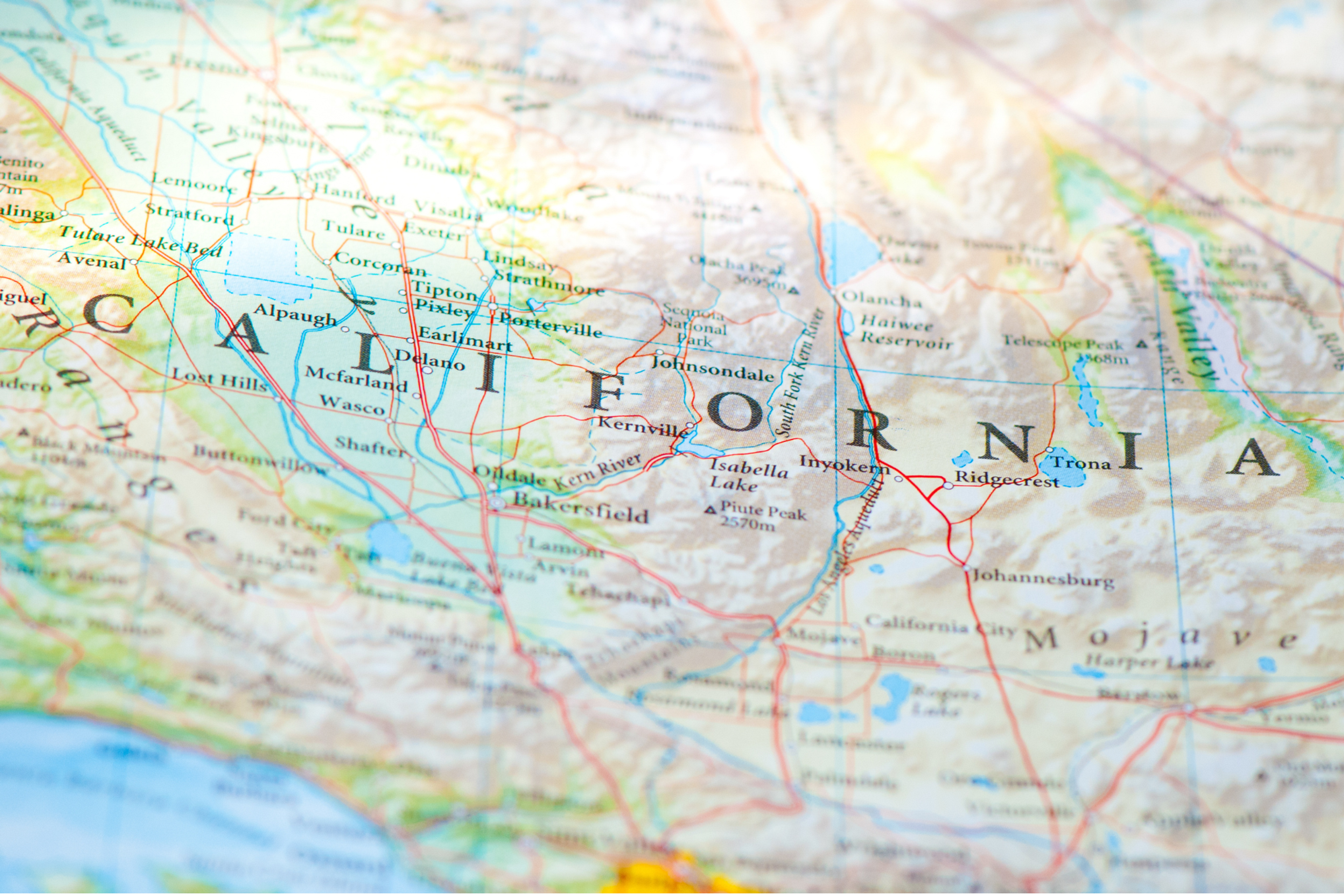Leland Library
Expert-written articles, free resources, detailed guides, and more to help you accomplish your goals.

February 5, 2026
How to Get Into the Meta RPM Program (2026)
Learn how to get into the Meta RPM Program in 2026 with our step-by-step guide. Discover eligibility, tips, and key insights to boost your application success.

January 27, 2026
Finance Internships for College & High School Students (2026)
Calling all finance freshmen. Get practical tips to prepare for a finance internship and insights into top finance roles now accepting applications.

January 27, 2026
The Top 10 Investment Banks – By Size & Tier (2026)
Discover the top investment banks by size and tier in 2025. Get insights into the biggest players in finance and what sets them apart in this detailed guide.

January 13, 2026
What is an MBA Degree? An Expert Guide (2026)
The ultimate guide to MBA degrees, this article covers what an MBA is, the different types of programs, cost breakdown and financing options, curriculum and specializations overview, benefits and key factors to consider, and much more.

January 12, 2026
How Long Does it Take to Hear Back From a Job?
Wondering how long it takes to hear back from a job? Learn average response times, why hiring managers delay, and how to send a professional follow-up email.

January 8, 2026
Top 10 Deferred MBA (2+2) Programs in the US (2026)
Aiming for an MBA, even while you're still in college? Perfect, learn all about deferred admission MBA programs like HBS 2+2 and receive key insights into the application process.

December 29, 2025
Harvard Business School New MBA Essay Prompts (2026)
Explore the new Harvard MBA essay prompts for 2026 and get actionable tips to craft compelling responses that boost your HBS application.
Recent articles

February 6, 2026
The 25 MBA Programs That Don't Require GMAT (or GRE)
Explore top online MBA programs with no GMAT needed. Find the right fit, compare options, and start your MBA without taking the test.

February 5, 2026
Is Dental School Worth It? The Pros, Cons, & How to Decide
Not sure if dental school is the right move? This guide breaks down the trade-offs, debt, and ROI to help you decide.

February 5, 2026
Dental School Acceptance Rates: Factors and Strategies for Admission
Are you considering applying to dental school? Learn about the factors that affect acceptance rates and strategies for improving your chances of admission in our comprehensive guide.

February 5, 2026
List of HBCU Dental Schools in 2025
Explore the full list of HBCU dental schools in 2025, including DDS programs, admissions info, scholarships, and what makes each school unique.

February 5, 2026
Dental School Volunteer Hours: How Many You Need & How to Get Them
Dental schools want more than just hours. Discover how to get the right volunteer experience and build a standout application.

February 5, 2026
How Hard Is It (Actually) to Become a Dentist? | Leland
Learn how much dentists make and what the path to becoming one entails, including education, challenges, specialties, and long-term career outlook.

February 5, 2026
The 10 Best Dental Schools in California
Discover the top 10 dental schools in California that are shaping the future of dentistry.

February 5, 2026
CASPer Practice Questions & Answers (With Explanations)
Are you preparing for the CASPer test? Our article offers valuable tips and resources for effective preparation, including practice questions to help you ace the exam.

February 5, 2026
The 10 Easiest Dental Schools to Get Into
Looking to pursue a career in dentistry but worried about getting accepted into a dental school? Check out our list of the easiest dental schools to get into, complete with admission requirements and tips for increasing your chances of acceptance.

February 5, 2026
List of Dental Schools in North Carolina (2025)
If you’re considering pursuing a career in dentistry in North Carolina, this comprehensive guide to dental schools in NC is a must-read.